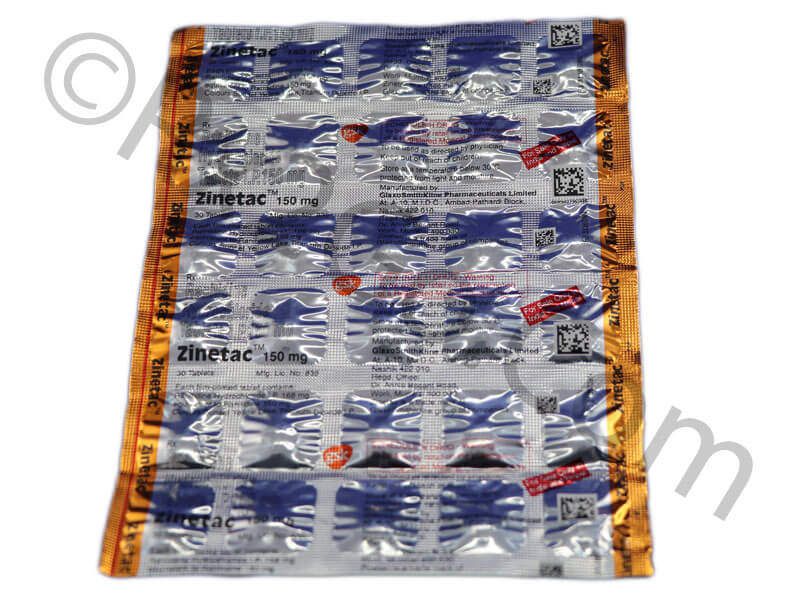Medication that Reduces the Production of Excess Gastric Acid

Gastric acid or stomach acid is a digestive fluid formed in the stomach. It is important for the digestion of protein. The acid is produced by the lining of the stomach. Sometimes due to some problems, there is excess gastric acid production. This can cause many problems like gastric ulcers, GERD-Gastro Esophageal Reflux Disease etc.
Ranitidine treats the condition and reduces the production of excess gastric acid.
How do Ranitidine works?
Ranitidine belongs to the class and drugs called histamine-2 blockers. A histamine-2 receptor is found on the cells in the lining of the stomach. Natural chemical histamine helps these receptors to produce stomach acid, to help digestion of food. Ranitidine inhibits H-2 receptors and stops the excess production of gastric acid. Low production of gastric acid helps,
- To relieve indigestion symptoms.
- To reduce the black flow of acid into the food pipe that causes heartburn.
- Allows healing peptic ulcer.
How to take Ranitidine?
Ranitidine is available in the form of a tablet of 150 mg and 300 mg. your dosage and how often you take the drug depends on your,
- Age.
- A condition that needs to be treated.
- How severe is the condition?
- Your reaction to the first dose.
Adult Dose: –
-150 mg two times in a day or 300 mg one time in a day.
Children dose-(1 month to 16 years):
-2 to 4 mg/kg one time in a day.
Your doctor may adjust your dose as needed. It is an oral drug. Take it after the evening meal or at bedtime.
What are the uses of Ranitidine?
- Ranitidine reduces the excessive production of stomach acid. This helps to cure the related disease mentioned below.
- GERD
- Zollinger –Ellison syndrome.
- Erosive esophagitis.
- Stomach and throat ulcer.
- Ulcers in the intestine.
- Prevents back flow of acid from the stomach into the esophagus. This reduces heartburn.
- Prevent the ulcer from returning back, once they have healed.
- Relieves symptoms such as a cough that doesn’t go away, stomach pain and difficulty swallowing.
- The medicine is available without a prescription.
What are the precautions in using Ranitidine?
- Before taking Ranitidine tell your doctor if you have/are,
- Allergic to the above drug.
- Any other allergies.
- Porphyria
- Kidney problems.
- Liver disease.
- Pregnant or breastfeeding.
- Other stomach problems (e.g. Tumors).
- Doctor’s advice is important to use the medication in children younger than 12 years.
- Avoid self-medication for a long period of time. If symptoms remain or become worse call your doctor for further treatment.
- Tell your doctor about all other medicines you take.
- It will not rule out the presence of gastric malignancy.
- Long-term use may lead to a deficiency of vitamin B12.
- Some side effects of confusion are temporary. It clears within 3-4 days after you stop taking a tablet.
Cost of Ranitidine (generic and brand).
Both generic and brand version contain Ranitidine as its active ingredient. The effect is very much the same. They differ in their pricing, packaging and brand name of the company. You can buy a cheap generic drug that is as effective as Brand Zantac.
Cost of Generic Ranitidine.
- Cost of 200 tablets of 150 mg costs $ 68. Per unit cost is $ 0.34.
- Cost of 200 tablets of 300 mg costs $ 99. Per unit cost is $ 0.49.
Cost of Brand Zantac.
- Cost of 200 tablets of 150 mg costs $ 1,307.95. Per unit cost is $ 6.54.
- Cost of 200 tablets of 300 mg costs $ 2,370.07. Per unit cost is $ 11.85.



